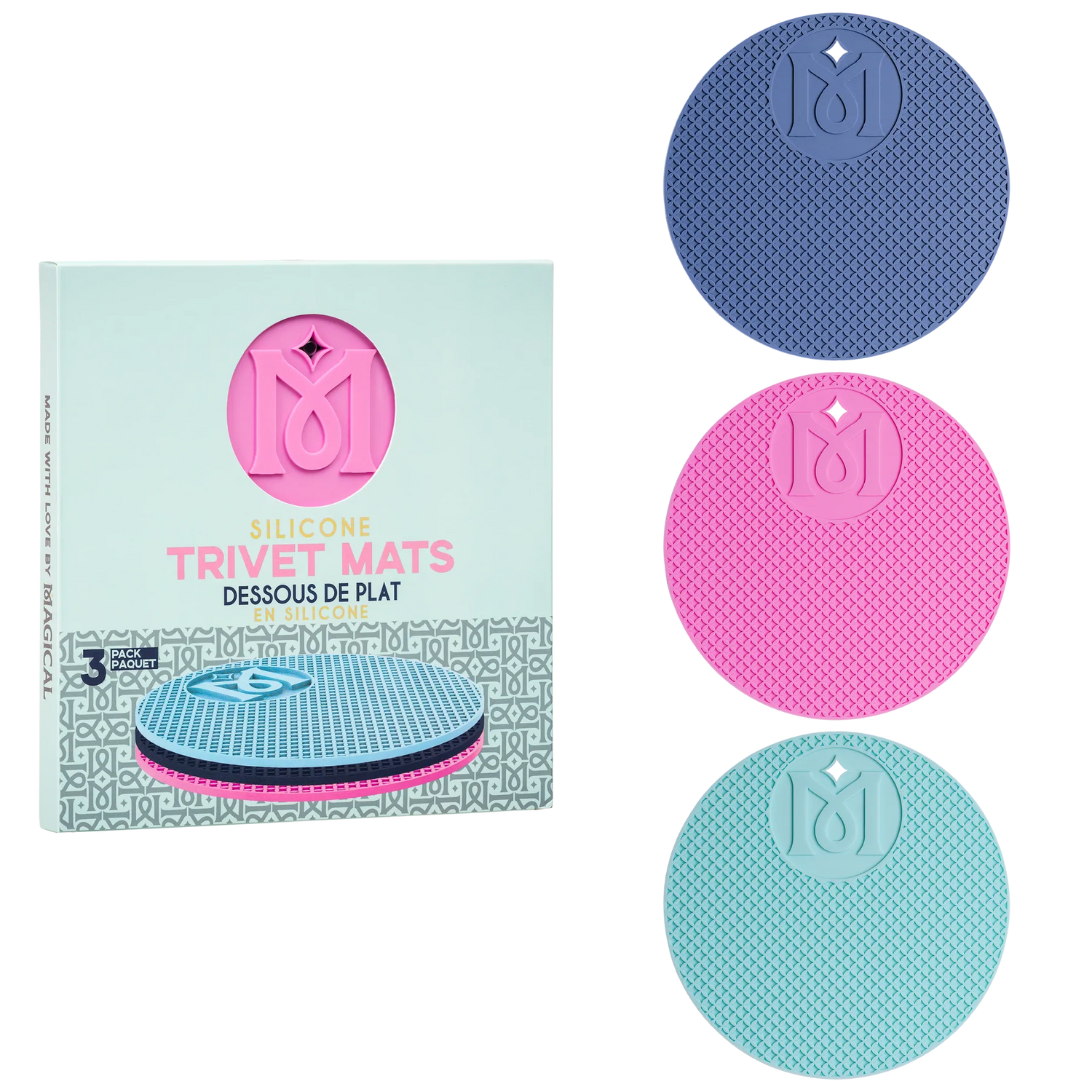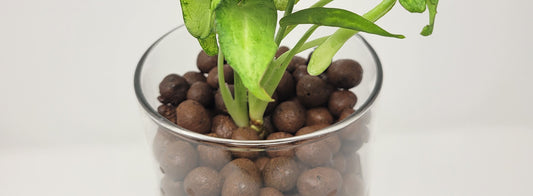
Now your seeds have been growing in your trays or containers and are ready to be transplanted into the garden. Your seedlings should be at least 4 weeks old and have an established root system. There are a few things to keep in mind so you have the best success with your transplants. You want to make sure to try and reduce as much shock to the plants as possible when they are going into their new home.
All seedlings must be "hardened off" before planting into the garden. This means acclimating the tender seedlings to the might of the sun. This can be done by putting seedlings in a cold frame outside for the first week and then moving to garden. It can also be done by putting trays or containers with seedlings in a shady spot outside and let them acclimate over a weeks time. If you move seedlings from a low light situation directly to full sun you will most likely cook and kill your seedlings. This "hardening off" step is crucial to having success with your transplants.
Once the plants have been "hardened off" they can be planted into the garden. The ideal time for planting would be on a cloudy day early in the morning. The same principle as "hardening off" is used here. It will help to reduce stress and shock to the plants. Another step to reducing stress and shock is to pre-dig all planting holes for transplants. This way their new home is ready for them after you pull them out of the tray or container and will reduce shock to their root systems.When you plant the seedlings make sure the roots are making contact with the new soil and no air pockets are present. If new roots grow into this deadspace of air they could die causing transplant shock which could slow the plants growth.Always be mindful of the type of plant you are transplanting as some may need to be planted shallow and some will do better if planted deep.
The new plants are now in the garden. You will want to water them in to make sure they are moist. It's a good time to apply a mild fertilizer or compost tea to help give them a little jump start. Fertilizers containing Kelp/Seaweed are a perfect choice at this time. Kelp contains many naturally occurring hormones which will help to reduce shock to the plants. Remember the plants are still young at this stage and will need to be monitored for pests and environmental factors that could hurt their chance of survival.





